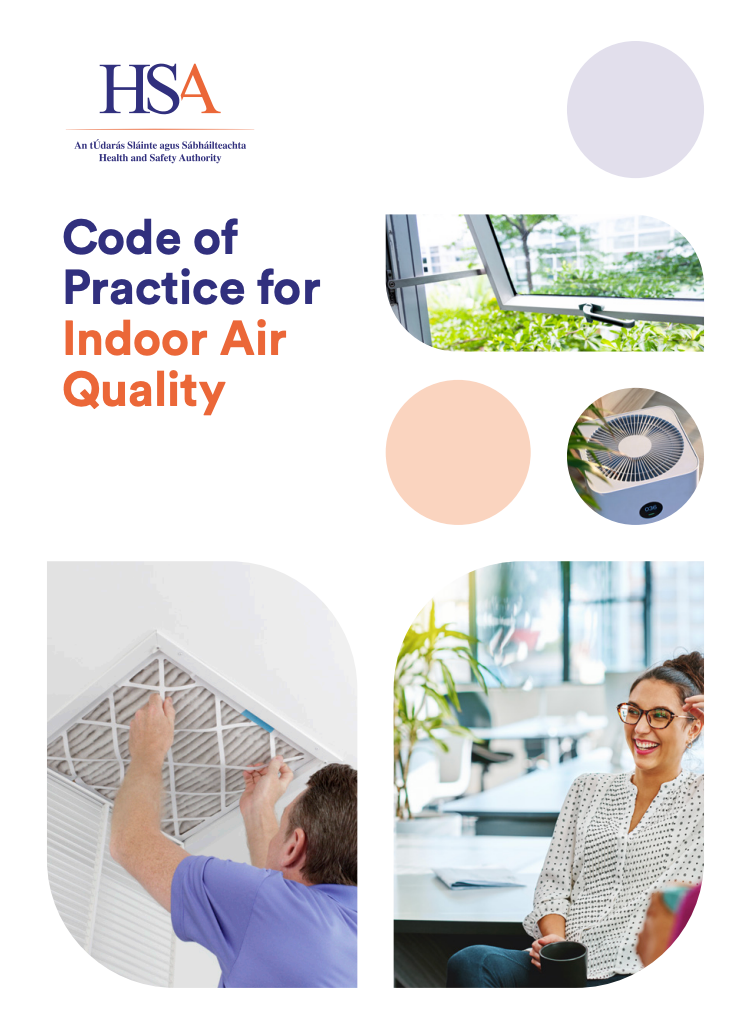We all know the wonders of a breath of fresh air on our body and mind, but is the air we breathe really that fresh?
Many of us are used to opening the window or taking a stroll around the block when we feel we need some fresh air. But what if we told you that that is not true ‘fresh’ air? There is a wide variety of effects that can impact the quality of the air that we breathe. We want to help you understand the difference between fresh and contaminated air that we breathe daily.
Air Quality in the UK

In the UK, most of us ignore the surrounding pollution sources and their impact on our air quality. This has led to every 4 out of 5 people believing that simply opening the window is the key to bringing fresh air indoors. But this is counterproductive and leads to our indoor air quality becoming worse.
Recently, the Building Engineering Services Association (BESA) conducted research with 2,000 homeowners to find out their understanding of air quality in the UK. It found that 78% of participants regarded the air surrounding their home as fairly clean. This is why they believe that opening windows in their home is enough to bring in fresh air and improve air quality inside. Still, on top of nearby pollutants, there are issues inside the home that can affect indoor air quality also.
For example, mould, wood burning, fresh paint and cleaning products can all affect indoor air quality, but these are often not as readily ignored as outside pollutants.
The Importance of Air Quality
So, why should we care about the air quality in our homes?
Most people in the UK live near an A-road, a motorway, a train station or even an industrial plant. These create harmful and highly damaging air particles that enter our homes, and in turn, our bodies, and they remain there for up to three months. The pollutant air particles can cause the development or irritation of existing respiratory conditions, like asthma or lung cancer.
6 Benefits of Fresh Air
Maybe you feel happy with the level of ‘fresh’ air you’re currently getting, but this might be because you’ve not actually experienced good air quality enough to know the difference. To help you, we have pulled together the top six benefits of getting fresh air for your mind and body, so you can get a good idea of what you’re missing out on.
1. Good for your Digestive System
This one may come as a surprise, but good-quality fresh air is hugely beneficial to your digestive system. Fresh air improves the flow of oxygen in your body which helps you to digest food more effectively.
2. Improve Blood Pressure and Heart Rate
If you are trying to improve your blood pressure, you should especially avoid areas with higher levels of polluted air. For example, you should avoid high-traffic areas as your body needs to work harder to get the sufficient oxygen it needs over polluted car fumes.
3. You will Feel Happier
The more fresh air that your body gets, the more oxygen you will breathe. This increases the amount of serotonin, also known as the happy hormone, that you inhale, naturally making you feel happier.
4. Strengthen Your Immune System
As we've established, breathing in more fresh air increases the oxygen levels in our bodies. This also causes white blood cells to strengthen and function properly by fighting and killing bacteria and germs, resulting in a better and stronger immune system.
5. Healthier Lungs
Fresh air and increased oxygen levels cause your lungs to dilate more, which improves the cleansing of your lungs. It means more airborne toxins are released from your lungs and not kept inside your body.
6. Sharper Mind and More Energy
You can enjoy a sharper, clearer mind and increased energy levels when your body takes in more fresh air. After a leisurely stroll in an unpolluted area, you are sure to feel brighter, more positive and ready to get stuck into work or dive into a new project.
How to Improve Indoor Air Quality
Now that you understand the importance of good air quality and its impact on your emotional and physical wellbeing, let’s talk about how you can improve indoor air quality.
Firstly, the BESA recommends that you monitor your local air pollution levels. You should also limit the length of time that you keep windows open in your home if these are exceptionally high.
To take matters into your hands and ensure the people in your home are living in and breathing good air quality, you should invest in a high-quality air purifier or air filter. Both of these tools will help regulate the air quality in your home and ensure no harmful air particles are lingering.
Find Out How We Can Help You
If you’re unsure about the air quality in your home or building, take the first steps in making a significant change with a reliable air quality assessment. Our air quality assessment will give you a breakdown of the existing air quality, what may be causing it and ways that you can improve it.
Contact our team today to learn more about how we can help you with expert advice and guidance. Alternatively, find out more about
the importance of air quality today.







